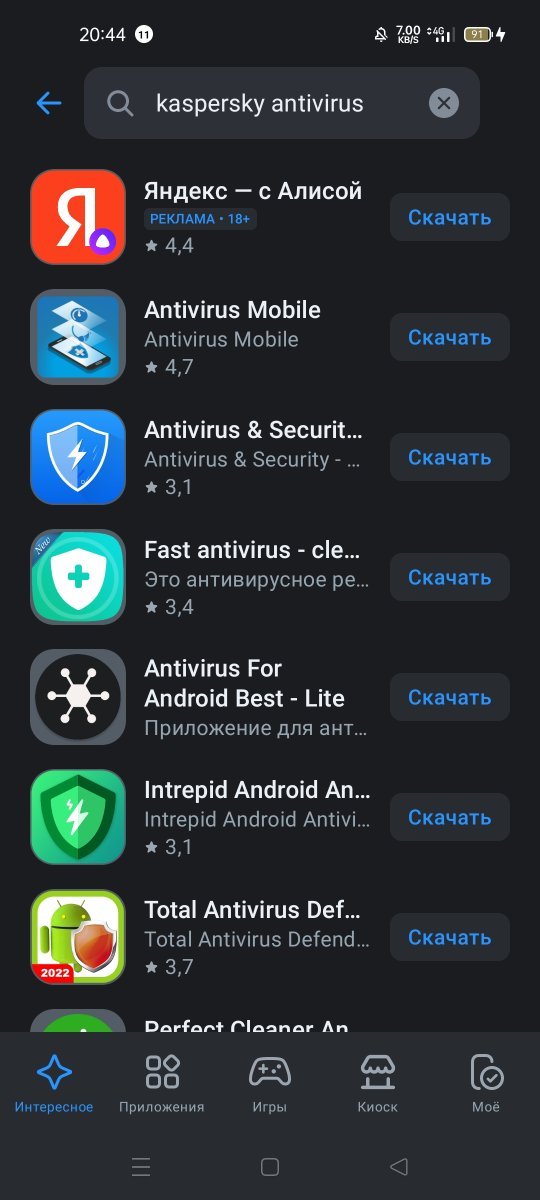The cybersecurity industry has been dealt another blow as Kaspersky announced the closure of its UK office and subsequent layoffs, just months after similar measures were taken in the US.
In a statement to
TechCrunch, Kaspersky spokesperson Francesco Tius confirmed that the company would be closing its UK office and transitioning its business to a partner-based approach.
"This step will enable our company to harness available business opportunities in the UK market in a more efficient manner, strengthening overall business prosperity," Tius said in an email.
The UK Office Closure: Another Blow To Kaspersky's Global Presence
"Our customers and partners in the UK will maintain full access to the company's European team and its strong and well-established partner network, through which we will continue distributing Kaspersky's industry-leading cybersecurity products and services," the statement continued.
According to Tius, the London office has less than 50 employees. Kaspersky's decision to close its UK operations is the latest in a string of adverse developments for the company, which has long been accused of having close connections to the Russian government — allegations it has consistently denied.
The UK's decision to
warn government officials against using Kaspersky software in 2017 has had lasting consequences for the company, culminating in the closure of its UK operations. In the same year, Kaspersky CEO Eugene Kaspersky
extended an offer to the US government to collaborate fully to dispel any lingering suspicions about the potential for espionage within its antivirus software.
The June US ban on Kaspersky products devastated the company's operations, resulting in significant job losses and the closure of offices. The sales ban compelled Kaspersky to abandon the US market entirely, leading to a partnership with a newly formed antivirus company.
This transition resulted in the transfer of its US customer base to the newly established UltraAV. To the surprise of many Kaspersky customers, the transition involved a forced uninstallation of the Kaspersky software from Windows computers and its subsequent replacement with UltraAV.
Kaspersky justified the controversial forced uninstallation by asserting that it had provided adequate notice to its customers, although it did not explicitly seek their consent for the software switch.
Kaspersky's products were removed from Google Play on October 7. The company explained this decision in a
blog post and outlined alternative installation and update methods for Android devices.
Google's Delisting: A Preemptive Strike Against Kaspersky
"We've recently been informed by the Google Play store that our developer account has been terminated, and all Kaspersky apps have been removed from the store."
"Google's decision refers to recent US government actions restricting the distribution and sales of Kaspersky products in the United States after September 29," the company explained.
The Kaspersky Team noted that Google's decision to remove Kaspersky products from Google Play was a preemptive response to recent US government restrictions on distributing and selling Kaspersky products within the United States, effective after September 29.
While these restrictions have no direct legal impact outside the US, Google unilaterally delisted Kaspersky products, denying users worldwide access to our industry-leading cybersecurity solutions.
Kaspersky asserted that Google's decision was based on a misinterpretation of the US restrictions, which lacked confirmation from the US Department of Commerce. The company emphasised that the restrictive measures do not impede the sale and distribution of Kaspersky products and services outside the United States.
"We have communicated this understanding to the US Department of Commerce, and we hope to receive additional guidance from the Department shortly," the Kaspersky Team confirmed. The Kaspersky team also addressed the fate of existing Kaspersky apps on Android devices.
"Apps that were installed from Google Play will continue to work normally and receive database updates through our cloud infrastructure. All paid app features will also continue to work," the Team explained. "Unfortunately, you won't be able to update or reinstall an app directly from Google Play."





